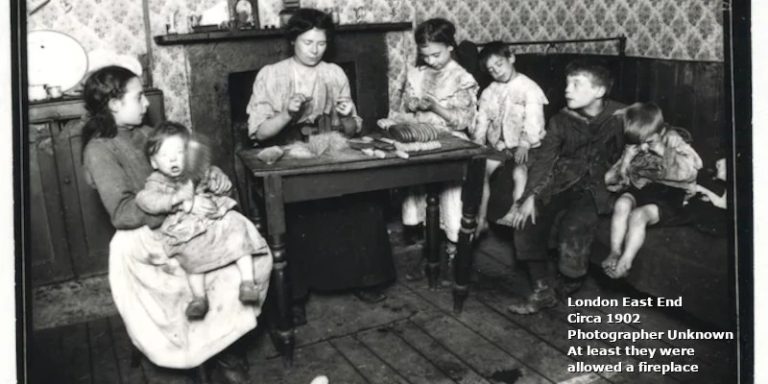Article by Eric Worrell
Imagine you are so poor that you have to send your children to school in dirty clothes. Because this is happening in the UK right now.
Teachers forced to clean students' uniforms and install washing machines in schools due to 'hygiene poverty'
November 16, 2024 11:59 | Updated: November 16, 2024 14:05
Shannon Cook
Teachers in some parts of the UK are required to wash their students' uniforms themselves and install washing machines to address poor hygiene among students.
The findings come from a survey conducted by cleaning brand Smol and the charity Hygiene Bank.
Teachers believe poor hygiene among students can lead to increased bullying or isolation from peers.
40% of teachers interviewed confirmed that they had personally cleaned students' uniforms, while nearly 90% said they had assisted students in providing sanitary products.
…
Lisa Cropper, a family support practitioner at St Cuthbert's College in Blackpool, told Sky News that parents had confided in her that they felt They have to “choose” between washing clothes and using electricity.
…
Learn more: https://news.sky.com/story/teachers-washing-students-school-uniforms-amid-hygiene-poverty-worries-13254639
Winters tend to be cold and wet in much of the UK, so drying clothes can be difficult without a fireplace or electric dryer (or oil heater). Poor people are unlikely to own more than one or two pieces of school uniform, so the inability to dry clothes may mean that children have to wear the same uniform all week, and potentially even longer in bad weather.
Using electric heaters to dry clothes, even if they can afford the electricity, can result in a soggy home, especially in older buildings. It's a terrifying sight to watch a slug or snail appear behind your baby basket and crawl up the shiny wet wall near where your baby sleeps.
People can tolerate wearing smelly, unwashed clothes and poor hygiene—our ancestors have lived this way for centuries. But without enough warmth, you can't survive.
As net-zero energy prices skyrocket, Britain appears to be well on its way to reaching the poverty levels of Victorian England in some communities. Britain's poorest people are forced to make a choice: send their children to school in unwashed clothes, a disgrace, or provide them with inadequate food and warmth and risk their health in an even worse way.
In some ways, the situation today is worse than it was during the reign of Queen Victoria in the late 1800s. At least the poor in the Victorian era were allowed to burn scrap wood for warmth. Most homes in the Victorian era had some kind of fireplace or hearth where people would burn wood or anything they could get their hands on to stay warm.
In Britain today, since a crackdown on wood burning in urban areas in 2020, even if you have a fireplace, you are only allowed to use expensive low-sulfur smokeless fuel. Regardless, someone who can barely afford electricity is unlikely to live in a home with a safe fireplace. Starting a fire in a crumbling cabin with a cracked fireplace and chimney is unlikely to end well for anyone involved.
Blackpool, quoted in the article above, has a thriving prostitution industry. While Blackpool tries to portray itself as a family-friendly holiday destination, and many families do visit and enjoy Blackpool's seaside facilities, if you leave the hotel in the evening you may find the streets crowded with a very different crowd . It's not hard to understand why people would sell themselves out in impossible circumstances to try to give their children at least some of the necessities of life, or to stop borderline criminal debt collectors from knocking on their door in an attempt to collect desperate high-interest payday loans that consume them income. But in some of the poorest quality properties, home heating bills for a one-bedroom apartment can exceed £3,000 ($3,700) a year, and there is competition from other desperate Britons, as well as from Germany's train-wreck economy and other countries. Competition among economic refugees.
The saddest part for me is that it was all unnecessary. Blackpool is located in Lancashire, one of the UK's largest reserves of frackable natural gas. Test wells have been drilled, proving the viability of the reserve. But no one is allowed to extract gas because the UK is committed to “zero nuts”.
Relevant
